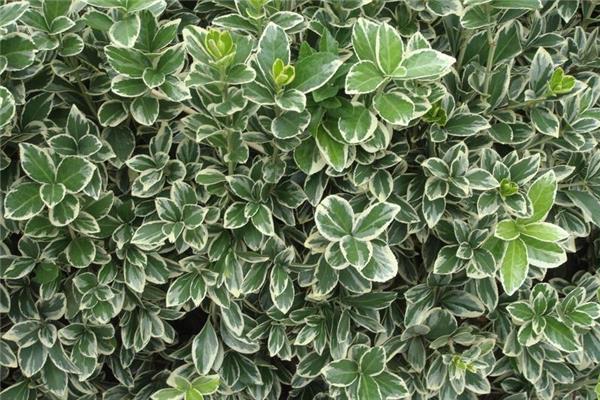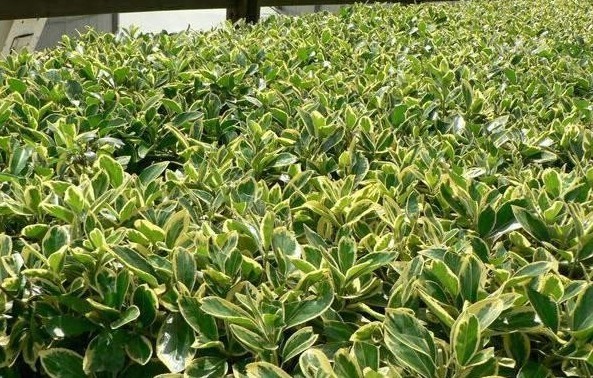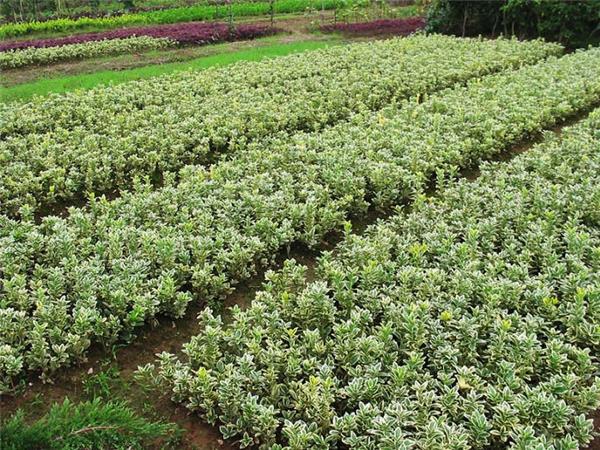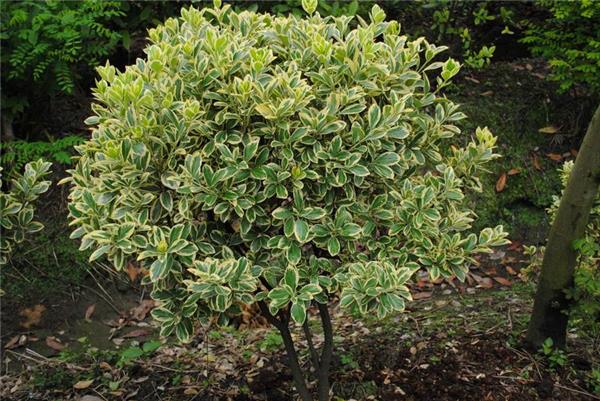Planting Technology and Landscape Application of Populus tomentosa
Phnom Penh boxwood is relatively not difficult to grow, as long as you choose the right seedling cuttings, it is easy to plant successfully, but in the daily maintenance, we still need to pay attention to the prevention and control of diseases and insect pests and other phenomena.

I. planting techniques of Populus tomentosa in Phnom Penh
1. Yellow poplar cuttings in Phnom Penh are the most common, and proper temperature and humidity need to be maintained in the process. Watering should be based on temperature and humidity. Grasp the principle of watering as soon as you dry, keep the leaves moist, but do not accumulate too much water. So as not to rot the roots. Prolong the rooting time. After taking root, the seedlings can be irrigated by an appropriate amount. Seedlings usually take root in about 30 days after planting.
2. Don't choose too young shoots when cutting cuttings. Select those with a high degree of Lignification that are easy to take root and sprout; leave the trunk and side branches when pruning. The "root" of at least one bud needs to be left after cutting. To facilitate the next cut. The insert will be removed from the lower blade. There are 2 to 3 leaves in the upper part. After the cuttings are repaired, soak them in rooting water. Then dig a trench in the nursery. Press 5 to 10 cm to put in the cuttings. Cover the soil firmly and firmly after putting it away, with a row spacing of 10 to 20 meters.

II. Control of leaf spot of Populus tomentosa in Phnom Penh
Harm: the leaf spot of Populus tomentosa occurred on the new leaves. After producing small yellow spots, it gradually expanded into irregular yellow-brown spots with a diameter of 2 mm to 10 mm. The edge of the spot was raised and the brown edge was wide. There is an extended yellow halo outside the edge of the bulge, with taupe or taupe in the center, covered with black dots. In severe cases, the disease spots are linked together, and the leaves are withered and yellow.
Prevention and control methods:
1. Strong disease-free seedlings were selected for planting.
two。 Combined with pruning, try to remove and burn infected leaves as far as possible.
3. The residual pathogens of eliminate virus were sprayed with Xiansheng 800x liquid or diniconazole 2000 times liquid after pruning. From the first ten days of June to July, 50% carbendazim or 75% chlorothalonil and 50% carbendazim wettable powder were sprayed for prevention and reduce the incidence of disease, once every 10 to 15 days, three times in a row.
4. The fallen leaves will be cleared and burned in winter.

III. Garden application of Populus tomentosa in Phnom Penh.
The most inseparable thing in the construction of the garden is the use of color, and in the construction of the garden, we often use three color blocks composed of red, yellow and green shrubs to enrich the color composition of the garden. However, in the small yellow shrubs, we often use Phnom Penh boxwood, but it also has its own shortcomings, in bad conditions, its yellow will not be very obvious, and even no different from other green plants. This will not meet our needs for color composition, and it will shed leaves in the autumn and winter season, which is also very incongruous to the color. But Phnom Penh boxwood is an ornamental plant with bright leaves and bright green leaves that are very resistant to pruning. It is a common hedge tree species in the courtyard and is particularly beautiful in the center of the flower bed.

In addition to using Phnom Penh boxwood in landscape design, we can also use it to decorate our own courtyard, and smaller ones of Phnom Penh boxwood can also be cultivated in pots, which can beautify the room and purify the room air.
Related
- Wuhan Hospital Iron Tree Blooming Result Was Instantly Frightened by the Gardener Master
- Which variety of camellia is the most fragrant and best? Which one do you like best?
- What is the small blue coat, the breeding methods and matters needing attention of the succulent plant
- Dormancy time and maintenance management of succulent plants during dormancy
- Minas succulent how to raise, Minas succulent plant pictures
- What are the varieties of winter succulent plants
- How to raise succulent plants in twelve rolls? let's take a look at some experience of breeding twelve rolls.
- Attention should be paid to water control for succulent plants during dormant period (winter and summer)
- Watering experience of twelve rolls of succulent plants
- Techniques for fertilizing succulent plants. An article will let you know how to fertilize succulent plants.



